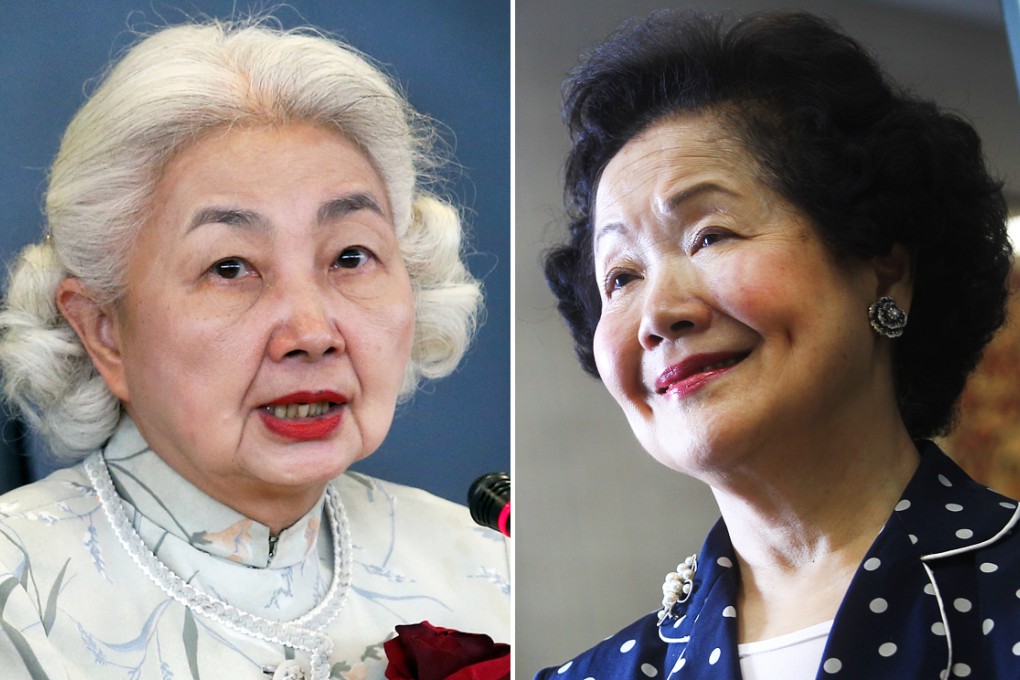Anson Chan hits out at Hong Kong election plan as Elsie Leung defends it in duelling radio spots

Former chief secretary Anson Chan Fang On-sang hit out at the government’s electoral reform proposal today, saying the 2017 poll for chief executive that would take place under its guidelines would be a “fake election”.
But even as Chan attacked the plan in an appearance on Commercial Radio, Elsie Leung Oi-sie, vice-chairwoman of the Basic Law Committee, said in an appearance on Metro Radio that the plan was reasonable.
Chan, who is convenor of the think tank 2020, said the proposal followed a rigid framework designed by Beijing and would not give Hongkongers a genuine choice. Beijing’s framework requires that only two or three candidates go to a citywide vote after they gain majority support from a 1,200-strong election committee.
“If Hongkongers are forced to choose unwillingly among two or three candidates cherry-picked by Beijing, this future chief executive will continue to be lacking in public mandate,” Chan said on Commercial Radio today. “This will do nothing to help improve governance which is the main problem faced with Hong Kong.”
Chan also said the fact that the government’s proposal would allow a candidate to win the top job with the support of less than half the city’s voters would further undermine the chief executive’s recognition. The plan stipulates that whichever candidate receives the most votes, regardless of whether that is more than 50 per cent, will win the election.
She urged Hongkongers and lawmakers to reject the proposal, saying if they did so, it could at least provide an opportunity open to restart the five steps for political reform in 2017.
“I personally think that if there is no choice with all candidates being Beijing’s picks, I’d rather give up my vote,” she said. Accepting the plan now “will mean keeping it forever.”